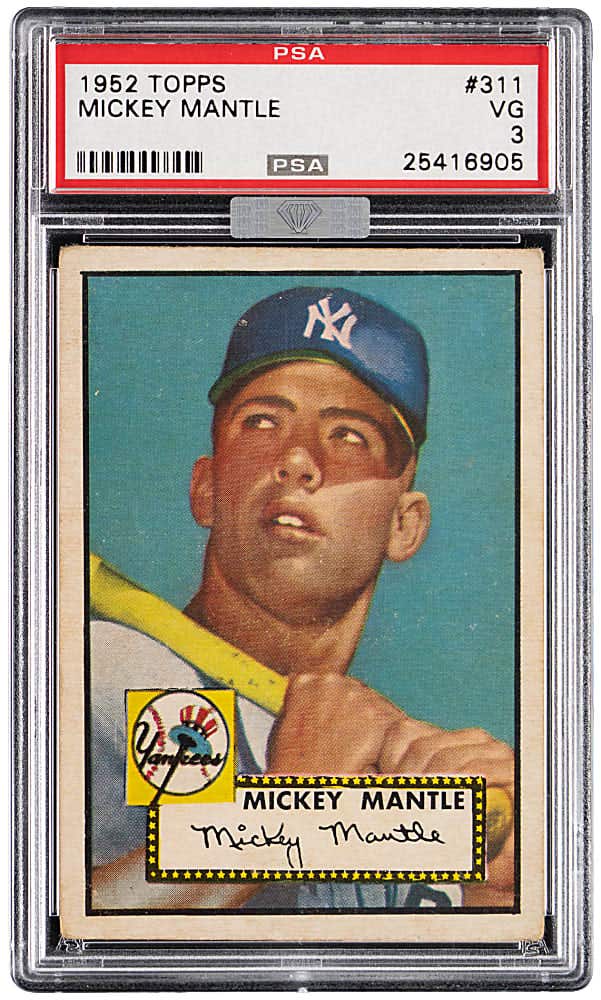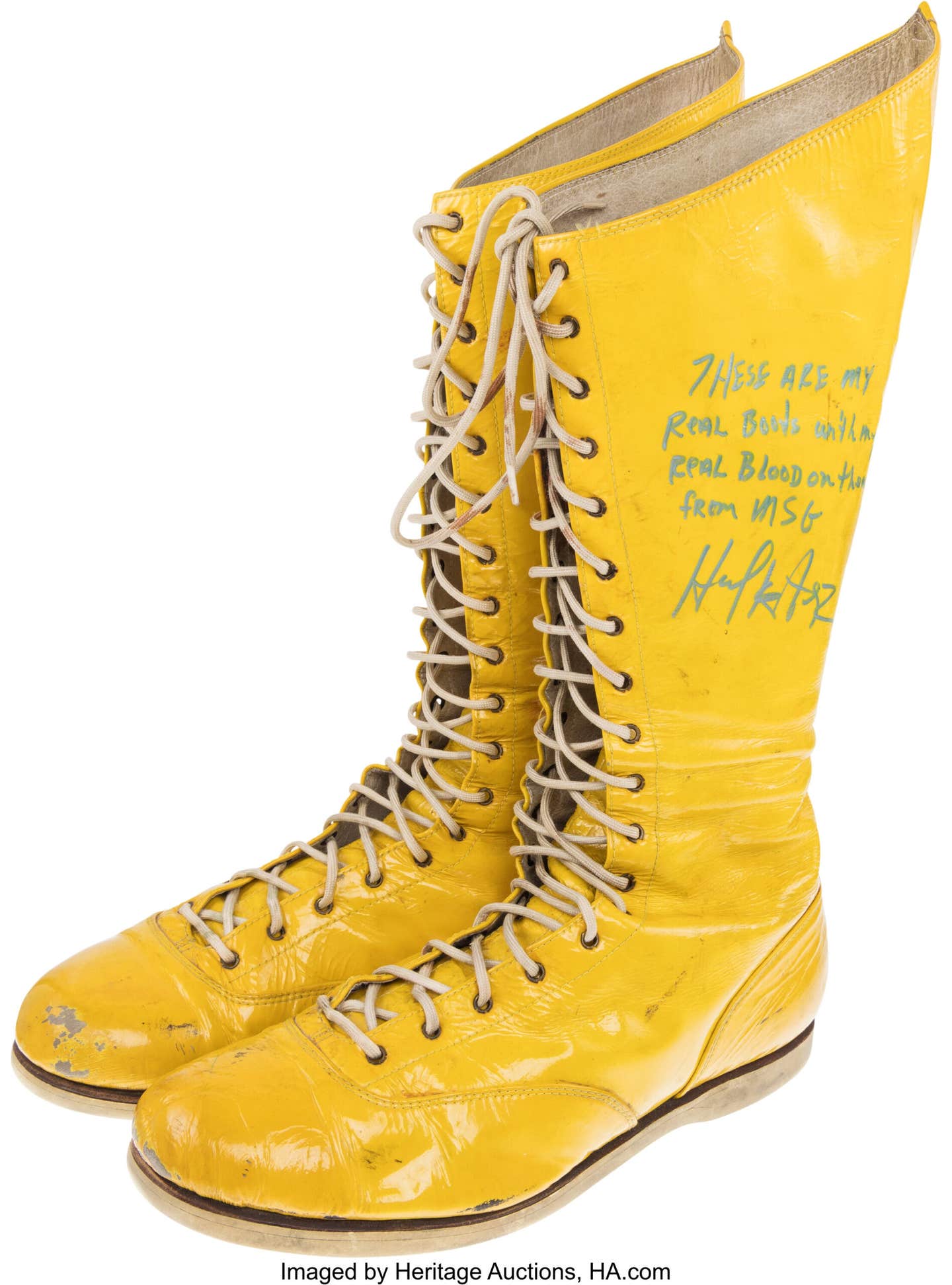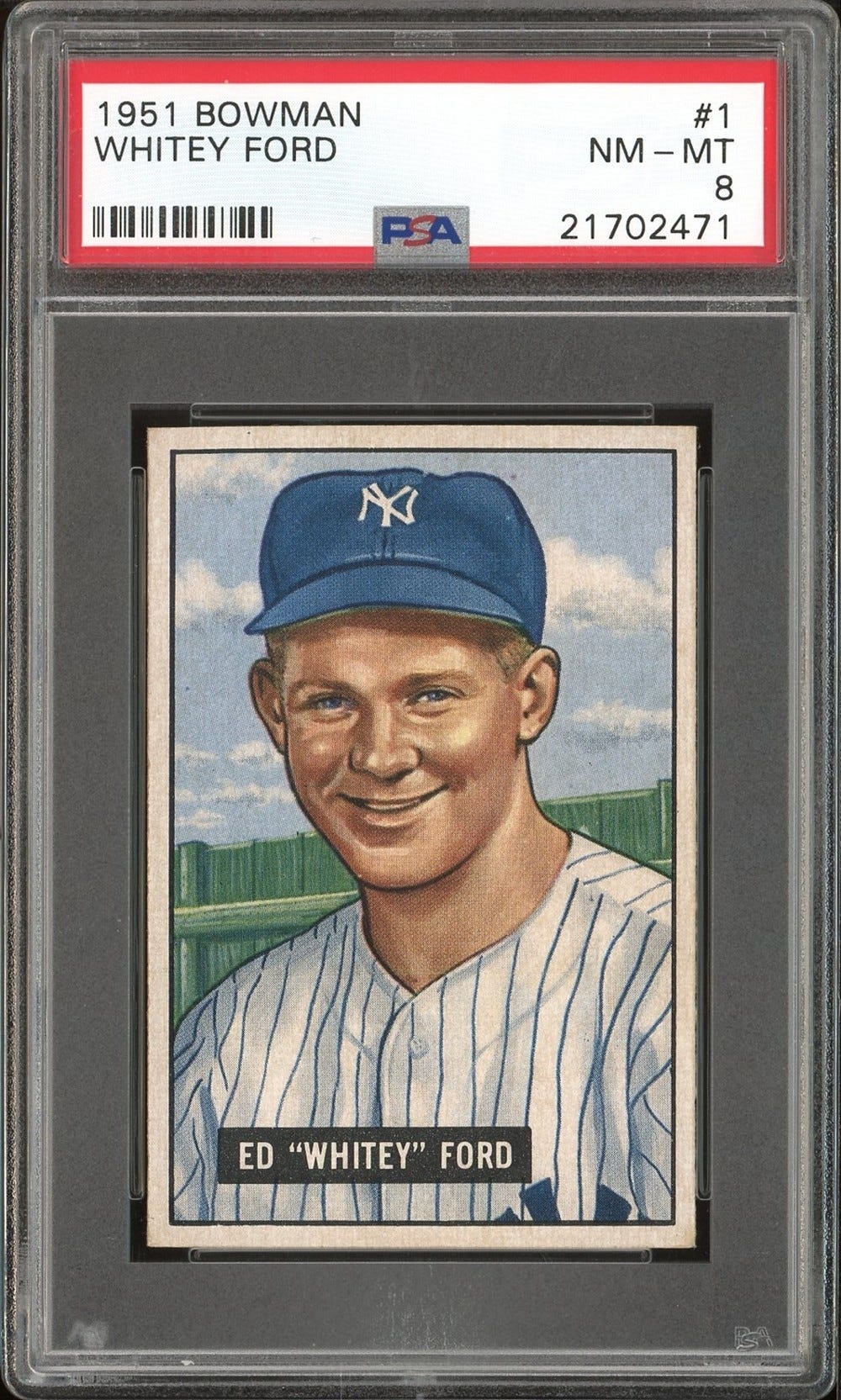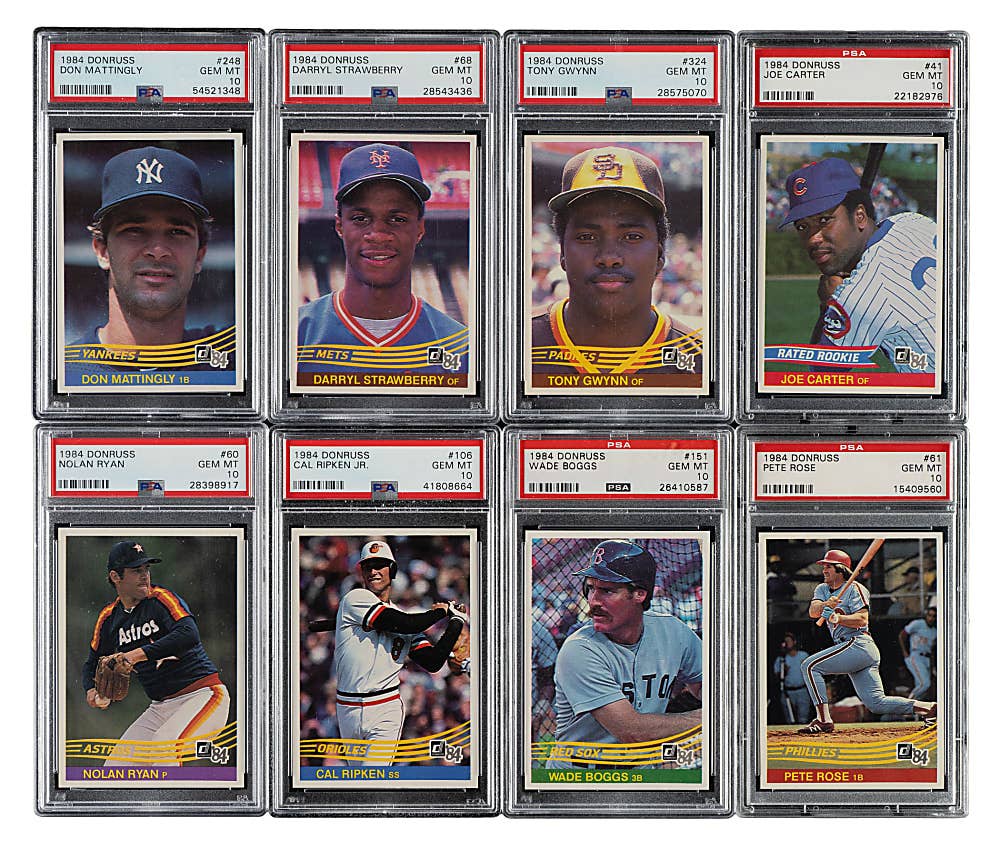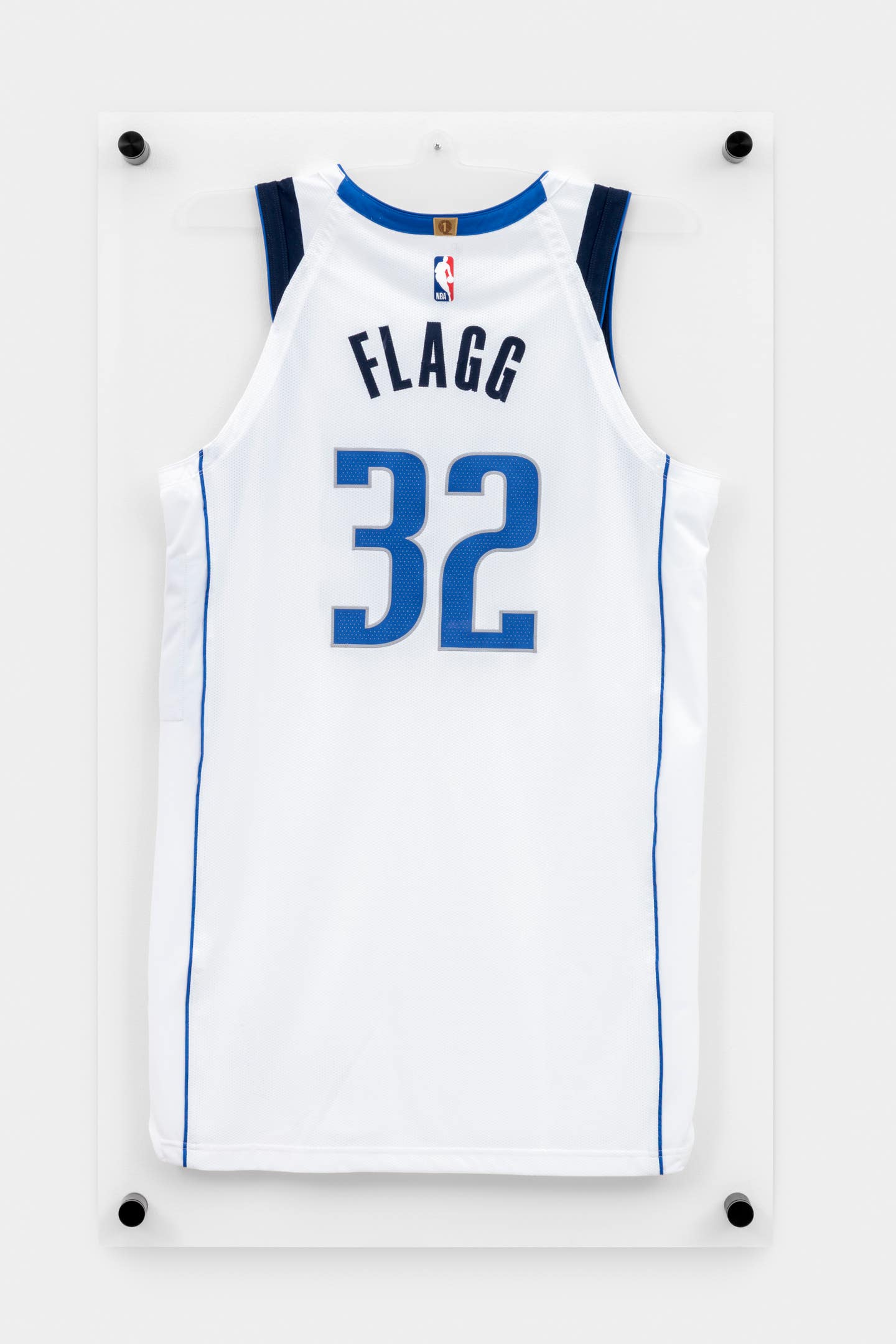Features
Heritage, SCP Auctions at the Top of Their Games in Sports Auction Business
By Greg Bates
They’ve taken different paths but have wound up in similar spots: as the leading auction houses for sports memorabilia sales.
Heritage Auctions, which calls Dallas home, and SCP Auctions, based in Laguna Niguel, Calif., stand out in the highly competitive business. Both companies have been around since the 1970s and have the staff and sales figures to show why they are the top dogs.
“While it has taken an enormous amount of work to become the leading force in the highly competitive sports auction field, there are several reasons for our success and I will touch on the three that I feel are most important,” said Chris Ivy, who is the director of sports collectibles at Heritage. “The first reason is talent, because we have assembled what I consider to be the most talented group of experts in the industry. The second is our transparency, which has been a big factor in our growth and in the very significant increase in the number of bidders participating in our various auctions. The third is marketing, as we simply expose our clients’ property to the widest possible audience of interested buyers. Not only does Heritage have the largest international bidding clientele in the industry, but it’s the fastest growing as well, and that exposure is a great thing for our entire hobby.”
SCP Auctions President David Kohler believes longevity (he founded the company 36 years ago) is a major reason SCP is one of the best in the business.
“We’ve grown, the industry’s grown, and I guess you could probably say everything got a zero added to it as far as things that might have been $1,000 in the early ’80s is now $10,000 and so forth,” Kohler said. “We’ve worked really hard and it’s all about doing the right thing and building the company, servicing our clients, great customer service and having access to a lot of great items that are being bought and sold out there. We’re really good at that. Whether it’s an attic find or some guy that built a collection for 10 or 20 years and when he wants to sell he knows we’re a firm that really knows how to take his collection and put it out there in the right light and get it to sell for a lot of money.”
Being in the auction business, especially houses that deal with sports memorabilia, is a cutthroat endeavor. Kohler feels his company thrives at finding and dealing with top-notch items.
“Certainly, we have an advantage, because we’ve been in this a long time,” said Kohler, who also points to his company’s marketing skills as a major asset. “We have a great staff that are experts in a lot of categories, where if someone calls up and says, ‘Hey, I’ve got some old game-worn uniforms,’ we know how to handle that. ‘Oh, I have some World Series rings.’ We know what those are and what they’re all about and how to sell those. And buying sports cards, we know how to sell that. I think people realize that, ‘Wow, this is the place that I should be dealing with.’ ”
Ivy knows competition makes everyone better, and Heritage welcomes the push from other companies in the industry.
“SCP is a worthy adversary,” said Ivy, who started working at Heritage in 2000. “I have no interest in knocking any of our rivals, but I wouldn’t be very good at my job if I didn’t take this opportunity to point out that Heritage enjoys many advantages that our competition does not – a clientele and web presence that exceeds our rivals by multiples, a marketing and PR department that has helped to make Heritage a household name, a reputation for world-record prices and an A+ rating from the Better Business Bureau, to name just a few.”
Heritage, which was founded in 1976, was exclusively a numismatic firm for its first 25 years. In the late 1990s, the company’s executive team made a decision to invest and create one of the very first interactive online bidding platforms, noted Ivy. Heritage then realized it had the infrastructure in place to expand into additional categories. Since that time, Heritage has entered into 38 other collecting disciplines. Its first full year handling sports memorabilia was 2004.
Heritage is now the third-largest auction house in the world, with annual sales near $1 billion.
It took Heritage some time before it earned the reputation as a top-notch company in handling well-known sports memorabilia items.
“Significant consignments do not start coming in on Day 1, and it has been a slow build among each collecting discipline to grow to a point when significant material starts to come in on a regular basis,” Ivy said.
However, since 2004, annual sales in the sports division have grown by a minimum of 20 percent per year.
It also took Kohler a number of years to get established and acquire big-ticket items after starting SCP Auctions in 1979. SCP Auctions didn’t open its first store until 1982.
“The old days, it was in its infancy and the Beckett guide came out about 1979. That was the first book and price guide with baseball cards, so that helped put us all on the map,” Kohler said. “Then all the shows, the conventions, the national show – we’ve done all of those since the first one in Los Angeles. Just watching everything grow and advertising in Sports Collectors Digest back then was really how you connect to other dealers and collectors, and that’s kind of where it began.”
Even though it took some time for both companies to get their feet on the ground, they are now consigning some of the hottest and rarest sports memorabilia items in the world.
“We’re really, really good at a lot of categories,” Kohler said. “Certainly, there are a lot of dealers that are experts in certain fields, whether it’s game-used bats or jerseys or baseball cards or autographs and so on. I think that’s key to our success that we’re good at a lot of things. If you look at some of our world-record prices, they’re in a lot of different categories. Whether it’s a Babe Ruth game-worn jersey that went for a record $4.4 million or Babe Ruth’s bat that sold for $1.265 million or Dr. J’s ABA ring which was $460,741, Jesse Owens’ Olympic medal (1936 gold went for $1,466,574). Those are all different pieces of sports memorabilia that we’ve set records with. That’s a key to our success, where we can take something and know how to market it. Not everything’s a million dollars, of course. But if it’s a $3,000 item and it’s George Brett’s jersey, let’s say, we know how to put that out there and let the world know about it and where there’s going to be a lot of interest.”
SCP Auctions also has a huge niche with player and estate collections. The company has handled more than 50 Hall of Fame and superstar collections, including Julius Erving and Ozzie Smith, as well as the families of Babe Ruth and Casey Stengel.
Notable items that Heritage has auctioned off over the years include: Shoeless Joe Jackson’s bat from his rookie season ($956,000 in 2014); gloves worn in both Muhammad Ali-Sonny Liston bouts ($836,000 in 2014 and $956,000 in 2015); and game-worn jerseys from Lou Gehrig ($717,000 in 2010), Babe Ruth ($657,000 in 2006) and Cy Young ($657,000 in 2011). Heritage has also had multi-million-dollar collections such as the “Black Swamp Find” of pristine E98 trading cards (more than $2 million and counting), the Stan Musial Collection (more than $1 million in 2012) and the Sam Snead Collection (more than $3 million in 2013).
Kohler and Ivy feel there wasn’t one certain item sale that gave both companies instant credibility in the business.
“I think it’s been a process,” Kohler said. “I think certainly as we’ve picked up different pieces like the Honus Wagner card for $2.8 million privately, that was a long time about, but that brought people notice. We did the same thing with the Babe Ruth jersey. These are things that have brought a lot of notice in the last 10 years, and a lot of new people have come into the market that are like, ‘Hey, I like what I see here.’ The authenticity and the vetting and the process so they know if they’re buying a Babe Ruth autograph ball. It’s got the paperwork behind it from PSA and JSA, and they have confidence. ‘OK, this is something I can have a lot of fun with and build.’ At the end of the day we’re selling sports and it’s not going away and it’s never going away.”
“I don’t think credibility is based on any particular items sold and it certainly doesn’t come instantly,” Ivy said. “Collectors look for honesty. They look for consistency. They look for quality. And, of course, from a consignor’s standpoint, they look for results. Deliver these, and credibility is the natural progression.”
There’s never a lull in the sports memorabilia auction business. Both companies stay busy year-round collecting items to consign and running their high-end auctions.
Heritage Sports conducts four to six catalog auctions each year as well as 52 weekly Internet auctions. In total, Heritage averages between 13,000 and 15,000 lots per year with total sales exceeding an industry-best $30 million in 2014, according to Ivy. In comparison, SCP Auctions has three online auctions per year: Spring Premier, Mid-Summer Classic and Fall Premier. In the last three auctions, SCP has total sales of $11.5 million on 3,300 lots.
With so many historic and unique sports memorabilia items coming through their doors, Ivy and Kohler have had their favorites over the years.
“I’m a team player, so I’d have to say that my personal favorites have been the items and collections that have garnered a great deal of national and international press – The Black Swamp Find, the Honus Wagner card consigned by a group of nuns, Vince Lombardi’s West Point jacket,” Ivy said. “These items and collections have contributed to enhancing the Heritage brand and exposing our great hobby to new collectors around the globe.”
“That’s been a fun part of the business, handling a lot of the player collections and estates,” Kohler said. “Julius Erving was really exciting for us to handle. It brought about $3.6 million and there was a lot of great stuff there. Julius decided to sell his collection and had faith in us to get this done. There was really huge demand across the board for his items – game-worn jerseys and trophies and rings, historic basketballs that he had. That was a lot of fun. We’ve dealt with the Ruth family a few times on some pieces that they had. Ozzie Smith’s collection was fantastic. We really enjoyed handling that. John Havlicek, the Celtic great. Especially when there’s a lot of items there, when they’ve got a lot of pieces, it’s exciting to take that from their home or their storage unit or display and take it to market and do the cataloging.”
Being the best at what they do is paramount in the eyes of both Kohler and Ivy.
“That’s why we come to work every day, is we strive to be the best,” Kohler said. “That’s where we have gotten to where we are. A lot of other dealers enjoy working with us, along with collectors that have dealt with us over the years at a high level ... Just doing it the right way. We’re here and we take a lot of pride in what our company is all about.”
“Running the best sports auction house in the country has been our primary goal since the inception of Heritage Sports, and I’m proud of both our position at the top and the manner in which we climbed to that position,” Ivy said.
How do the companies plan to stay the leaders in the sports memorabilia auction business?
“We plan on doing what we’re doing today,” Kohler said. “We’ve always kind of been going down the train track and been one of the leaders and looking ahead and forecasting. We’ve always been very flexible to stay on top of the sports memorabilia industry and making sure that we’re doing the right things. You can’t be a dinosaur in this business. You’ve got to be on top of your game, and I think we’ve been very successful of always having open eyes and open ears to see what’s going on out there because things change. The way we do business today is different from what we did 10 years ago, which is different from 20 years ago.”
“The only danger is complacency,” Ivy said. “As long as we continue to follow the path that led us to the top, we’ll stay here.”
Greg Bates is a freelance contributor to SCD. He can be reached at gregabates@gmail.com.



